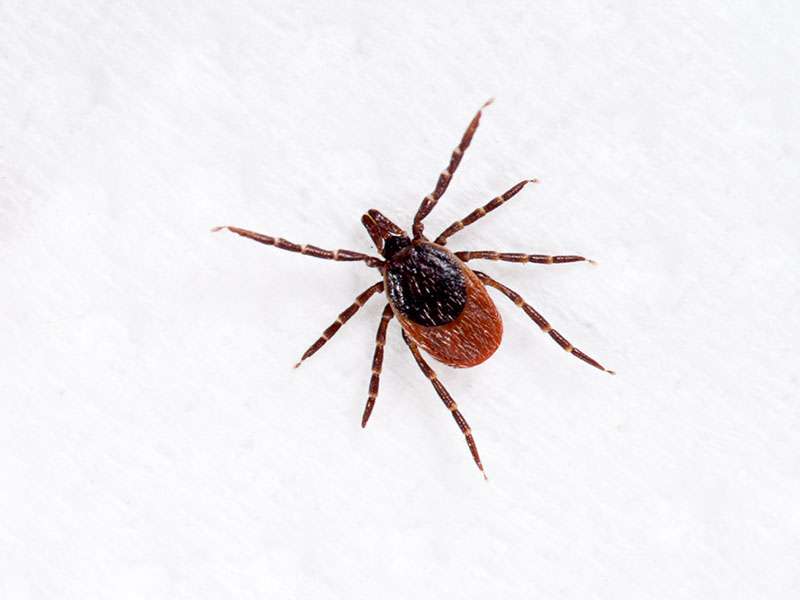(HealthDay)—Serious bacterial infections have been documented during treatment for chronic Lyme disease, according to research published in the June 16 issue of the U.S. Centers for Disease Control and Prevention's Morbidity and Mortality Weekly Report.
Noting that chronic Lyme disease is used by some as a diagnosis for constitutional, musculoskeletal, and neuropsychiatric symptoms, Natalie S. Marzec, M.D., from the University of Colorado in Aurora, and colleagues address the issue of serious bacterial infections during treatments for chronic Lyme disease, detailing five illustrative cases.
The authors note that patients with a diagnosis of chronic Lyme disease are treated with a wide range of medications, including long courses of intravenous antibiotics. These treatments have not been shown to result in substantial long-term improvement, and they can be harmful. Cases of septic shock, osteomyelitis, Clostridium difficile colitis, and paraspinal abscess have been documented as a result of chronic Lyme disease treatments.
"Patients, clinicians, and public health practitioners should be aware that treatments for chronic Lyme disease can carry serious risks," the authors write.
More information: Abstract/Full Text
Journal information: Morbidity and Mortality Weekly Report
Copyright © 2017 HealthDay. All rights reserved.




















